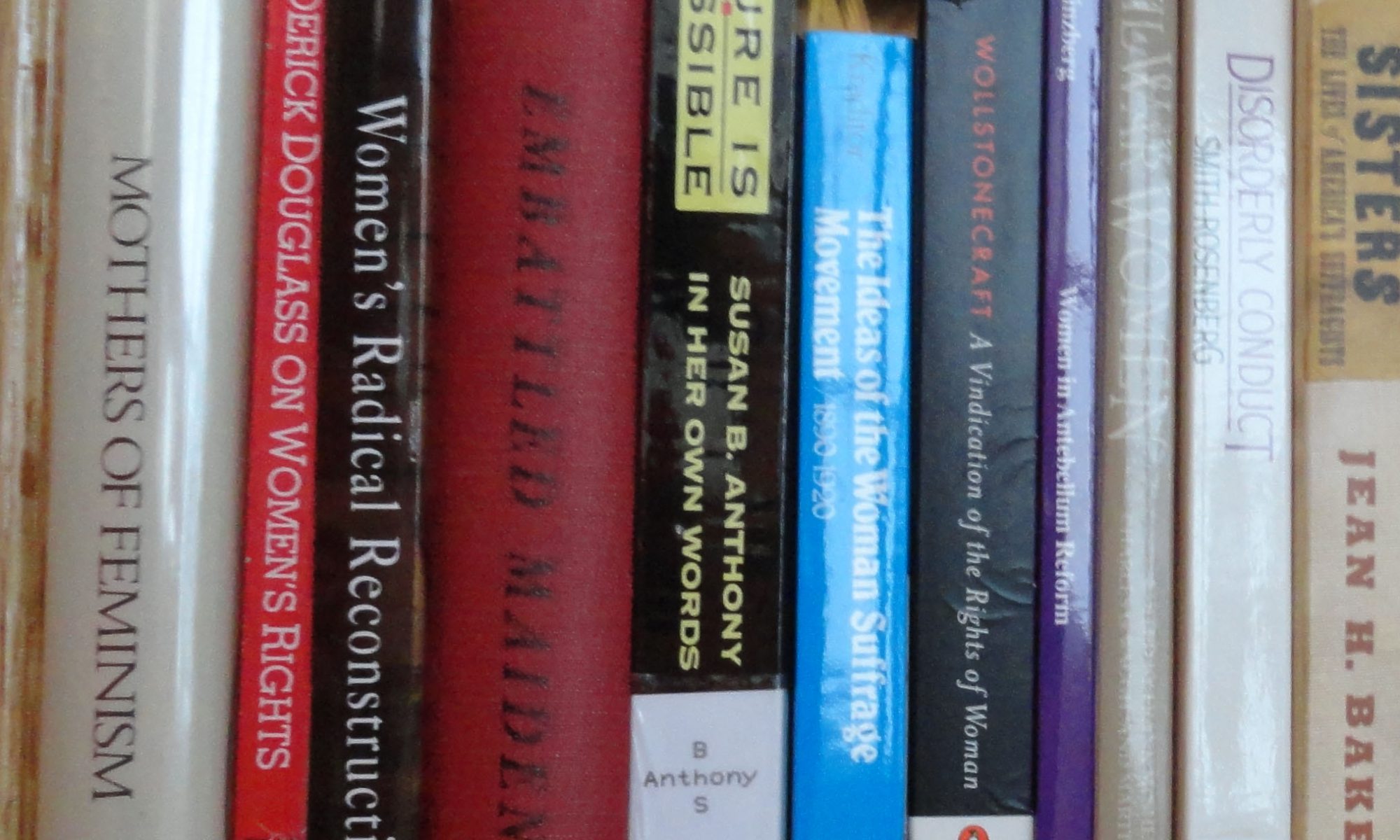“I did not invent a method of education, I simply gave some little children a chance to live.” Maria Montessori
Born in 1870 in the town of Chiaravalle, Italy, Maria Montessori refused to follow the expected path for girls of her time. Defying the prejudice of the time, Montessori became the first woman to attend medical school and in 1896, the first to become a physician in Italy. She later went on to obtain a degree in philosophy and psychology.
Working with children considered mentally disabled and unteachable, Montessori became an advocate for women’s rights and social reform. She also began to experiment with the educational approaches which are now are known by her name. These hands-on self-guided educational materials and practical trainings for young children, originally designed to improve the intellectual development of disadvantaged children, have now become mainly the preserve of the wealthy.
Perhaps it is time for educational leaders, teachers, and parents, especially those who believe testing is the way to foster education, to listen to this woman from a hundred years ago. The following excerpt is from The Absorbent Mind
Our school is not a real school; it is a house of children, i.e., an environment especially prepared for the children where the children absorb whatever culture is spread in the environment without anyone teaching them. In our first school the children who attended came from the lowest class of people; their parents were quite illiterate. Yet, at 4 years these children knew how to read and write. Visitors were surprised to see children of such tender years reading and writing. “Who taught you how to write?” they asked and the children would look up in wonder and answer “Taught? No one has taught me.” At the time this seemed a miracle. That children so small could write was in itself wonderful, but that they could do so without any teaching seemed impossible. The press began to speak of the *spontaneous acquisition* of culture. Psychologists thought these were special children and we shared this opinion for a long time. It was only after some years that we perceived that all children have this power of absorbing culture. If this is so we reasoned, if culture can be taken in without fatigue then let us put different items of culture for them to absorb. So the children absorbed much more than reading and writing, subjects like botany, zoology, mathematics, geography, and so on were taken with the same ease, spontaneously, without any fatigue.
So we found out that education is not what the teacher gives: education is  a natural process spontaneously carried out by the human individual. It is acquired not by listening to words, but by experiences upon the environment. The task of the teacher then becomes not one of talking, but one of preparing a series of motives of cultural activity spread in a specially prepared environment.
a natural process spontaneously carried out by the human individual. It is acquired not by listening to words, but by experiences upon the environment. The task of the teacher then becomes not one of talking, but one of preparing a series of motives of cultural activity spread in a specially prepared environment.
What do you know about the Montessori method?
Why do you think it is now more available to the wealthy rather than to the poor?


I sure wish that more folks knew about her outside of the name given to a more posh private preschool. I also wish that in my educational training to be a teacher when we investigated other methods, that more would have been discussed about her ideas. It seems rather remiss to know of John Dewey but not Montessori methods….hmm….does gender come into light here?
Her methods are not taught in regular education programs. The methodology is tightly controlled by the Montessori organizations which seems a shame.
I have always admired her, but must read her work!
Montessori’s interests went far beyond teaching young children. But even though she fought being relegated to a woman’s role, history has firmly placed her there. She was a major advocate for peace and mindful thinking. You will enjoy reading her works. I recommend Peace and Education, one of her last works.
Thank you…I will look it up!